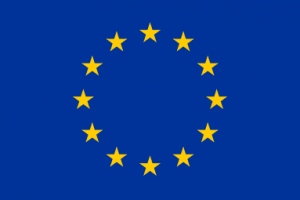FEDORA envisions a radical transformation of contemporary schooling such that students can be equipped with those skills that will help them manage their future lives and the uncertainty that they entail. How can such a vision be implemented? How can educational reform be structured to enact such a vision?
A key set of contributors who have the decision-making power in addressing such questions are policy-makers. Policymakers are individuals in the different national contexts of the project who influence policies about curriculum, assessment and teacher training to name a few. When the Oxford team asked the UK policy stakeholders what they themselves view as competencies that could frame future-oriented science education, they referred to the need to shift away from a knowledge-rich curriculum towards more cross-cutting, contextual and interdisciplinary approaches.
But how can such competencies be assessed? How can educational systems be re-calibrated to align such ambitious visions with the reality of high-stakes assessments in science education? Reforming the science curriculum and pedagogy without a coherent alignment in reform about assessment, such visions are likely to fall short. How can national and high-stakes examinations be designed to align curriculum, instruction and assessment? The Oxford team and FEDORA Work Package 5 will be posing such questions to policymakers and developing some recommendations at a national, as well as cross-national level. Watch this space!
